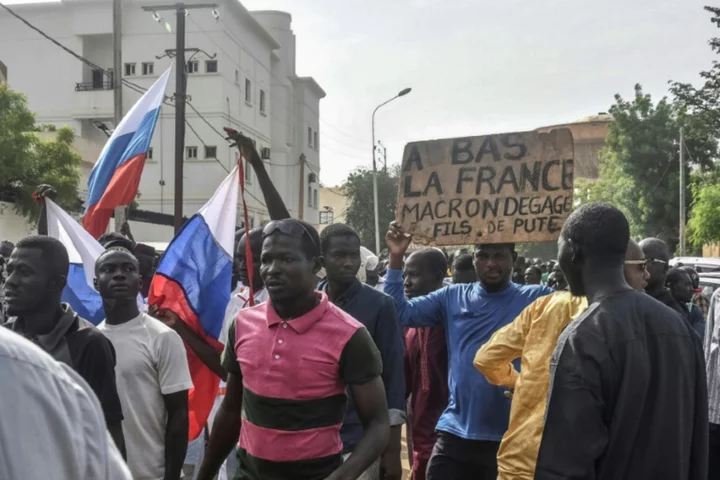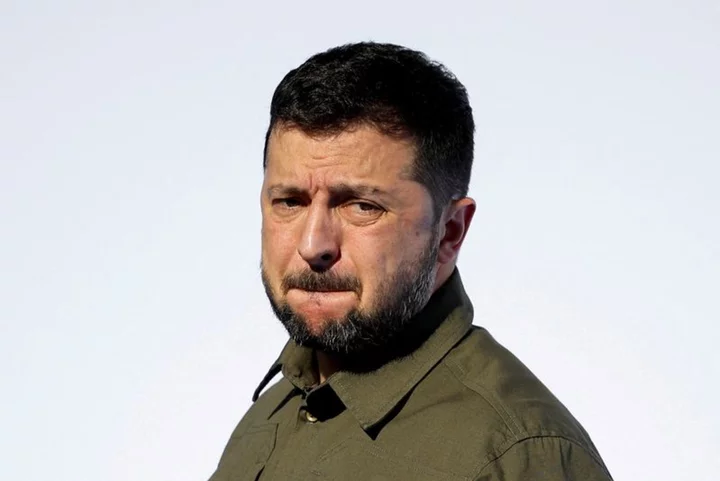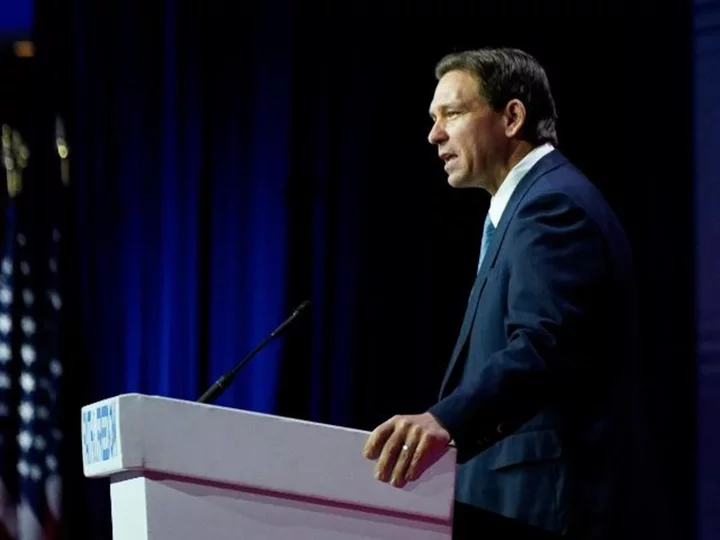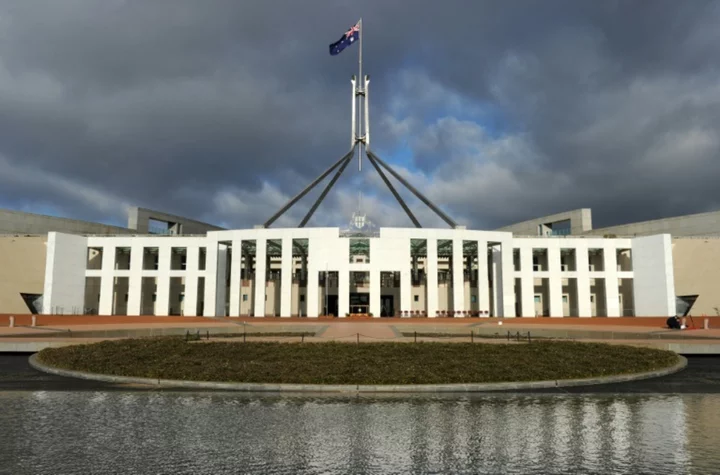The coup in Niger has left former colonial master France with an array of headaches ranging from how to extract its citizens in the face of a deteriorating security situation to future French military strategy.
The ousting of President Mohamed Bazoum by his own guard was deeply unwelcome for President Emmanuel Macron at a time when France was seeking to make a strong ally of Niamey following French military pullouts from neighbours Mali and Burkina Faso.
Macron "remains very mobilised", an Elysee source said on Tuesday, adding he was talking with regional and European partners "to look at different ways to get out of the crisis".
Here AFP looks at the major questions for France.
Why is France evacuating its citizens?
The French foreign ministry announced on Tuesday it was organising evacuation flights for citizens with three planes already on their way to Niger.
The swift move came after violent demonstrations outside the French embassy on Sunday. Paris also noted airspace had been closed to ordinary traffic and its nationals could not leave the country independently.
France has also indicated that it is willing to take other European nationals on board the evacuation flights.
Niger risks being closed for a "very long time, for a minimum several months" if regional bloc ECOWAS piles on sanctions said Florence Boyer, researcher at France's Research Institute for Development and an expert on Niger.
"I think that for security reasons... the European Union does not want to keep its nationals on Niger's territory in the face of such an unknown and in the face of the possibility of a closure of the country."
Why is part of the Niger population anti-French?
For France a bitterly familiar scenario is again playing out in the Sahel region following the coups on Mali and Burkina Faso -- a putsch accompanied by a rise in anti-French sentiment.
These anti-French sentiments have existed for a long time but they have now penetrated very strongly into the Niger wider population, especially in urban areas.
France has been criticised for not being able to eliminate the threat of the jihadists of the Islamic State group while conspiracy theories have also gained traction in a country where illiteracy remains at around 30 percent.
Niger is regularly targeted by disinformation campaigns on social networks, in a struggle for influence in sub-Saharan Africa that has increasingly involved Russia in recent years.
Bazoum had chosen to welcome soldiers of the French force Barkhane after its pullout from Mali in 2022, despite hostility from a part of the population.
"The strongest argument (in Niger) is against the French military presence," said Boyer, adding that the new form of military cooperation after the Mali pullout had added to anger.
She said that Niger's youthful population had trouble finding jobs, due to corruption, strict social hierarchies and a strong tradition of patronage.
"This frustration crystalises against France" as Paris was such a strong supporter of Bazoum, she said.
What will the repercussions be for France?
After Mali and Burkina Faso, Niger is now the third country in the region to undergo a coup since 2020 and the putsch brings France a now painfully familiar quandary about what to do with its military presence there.
France's chief of staff said on Tuesday that an immediate evacuation of soldiers was not on the agenda but future military cooperation remains highly uncertain.
With 1,500 French soldiers deployed there, Niger had become a pivotal hub for French anti-jihadist operations in the Sahel, since the forced departure of the French soldiers from Mali in the summer of 2022.
"I do not see the sense in keeping a French military base" in Niger after the coup, said Boyer.
Noting that other European countries also had a presence in Niger, she added: "I don't really see how the European Union as a whole could maintain such large numbers as there are at present for military or police cooperation in the medium term."
lp/sjw/bp









